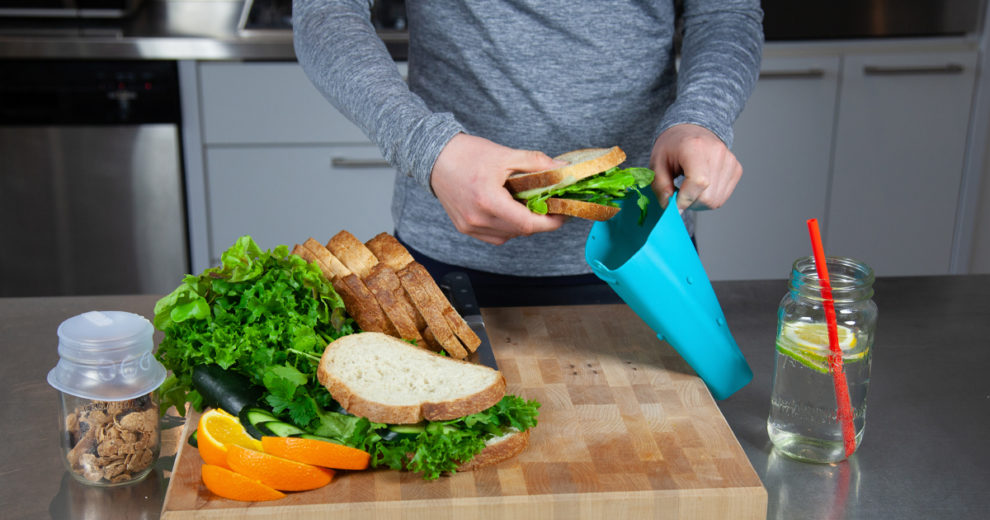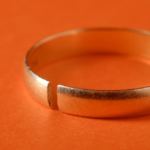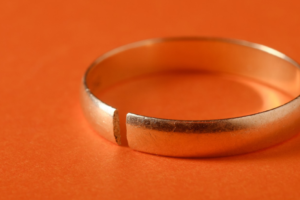Surviving Divorce: The Connection Between Divorce, Weight Changes and Staying Healthy

Research shows that weight has a strong correlation with marriage. Unfortunately, divorce can significantly impact your physical health, particularly when it comes to your weight.
In this blog post, we will explore the connection between divorce and weight changes so that you can better understand how to manage your health during this challenging time.
Navigating Weight Changes
People tend to gain weight after getting married because they frequently eat together, and this may reinforce bad habits. However, when people face a divorce, they tend to lose weight. This can happen for a variety of reasons. For example, before and after marriage, we are biologically programmed to find a new mate by appearing attractive.
Effects on Emotional and Physical Health
The stress of a divorce can take a significant toll on your emotional and physical health. You may struggle to sleep, feel depressed and unloved, and constantly worry about finances.
Another common issue is losing your appetite, which can lead to severe weight loss. However, it’s essential to remember that not eating will deprive you of the nutrition you need to stay healthy mentally and physically.
Your body suffers if your eating habits aren’t healthy and you’re not getting enough nutrients.
Below are some health consequences:
- Stress and low nutrition can lead to depression and anxiety.
- Inadequate nutrition can lead to muscle atrophy and muscle loss.
- Without enough glycogen, you deprive your liver and muscles of vital hydration.
- A body’s metabolism declines if it doesn’t consume enough food.
Prioritise Your Health
When going through a divorce, it’s crucial to prioritise your emotional and physical health. You may not feel like it but try to exercise regularly and stick to a healthy diet.
If you don’t feel like eating, try to eat small, nutritious meals throughout the day instead of skipping meals altogether. Keeping hydrated is also crucial. Drinking enough water is essential for maintaining good health and energy levels.
One of the most significant weight loss concerns during a divorce is the risk of becoming malnourished. If you’re experiencing extreme weight loss, it’s critical to consult a medical professional to ensure your body gets the nutrients it needs.
Your doctor may suggest supplements or other dietary changes to help you get the nutrition your body requires.
Here are some excellent places to start:
- Every day, eat two servings of fruit and five servings of vegetables
- Every day, eat a variety of healthy foods from the five food groups
- Replace sugary drinks with fresh, clean water
- Eat only small amounts of sugary, fatty, or salty foods
- Switch to healthy recipes that taste good and look good
- Prepare your meals in advance and shop for healthy ingredients
Conclusion:
It’s common to experience weight changes during this time, with many people losing weight due to appetite loss. However, it’s essential to prioritise your health and well-being by sticking to a healthy diet, regular exercise, and staying hydrated.
Remember to take care of yourself during a divorce, seek support from friends and family, or consider speaking with a professional counsellor to help you navigate this challenging process.














